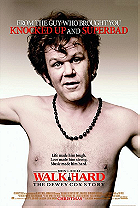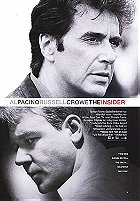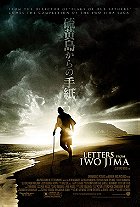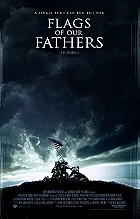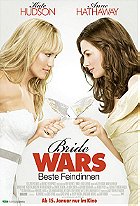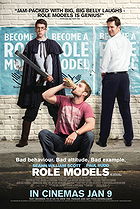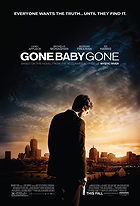Disgruntled Korean War vet Walt Kowalski sets out to reform his neighbor, a young Hmong teenager, who tried to steal Kowalski's prized possession: his 1972 Gran Torino.
Clint Eastwood: Walt Kowalski
Gran Torino comes from someone who has considered some of his highly praised directorial works as over appreciated, I was absolutely in awe and pleasantly surprised with Gran Torino, a exquisite film and compelling story to boot.
Eastwood stars as Walt Kowalski, an ill-natured racist Korean War veteran living in the heart of a run-down and heavily Hmong-populated area of Michigan. When his 17-year-old Hmong neighbour, Thao, tries to steal his '72 Gran Torino, the ever-so-grouchy Walt is wrenched away from his lonely porch and is thrown into the life of this Hmong family. Not only is Walt now sampling southeast Asian cuisine but he begins to unwillingly mentor Thao, begrudgingly care about the family, and selflessly protect them from the local gang.

I disagree greatly with the suggestion that Eastwood is merely channeling his classic tough guy routine here in Gran Torino - I see and get far more out of his performance. There are many different facets to this Walt character, there is a lot from his past that he is living with and a lot in the present that he is working through. I think Eastwood brings out the conflicted nature of his character very well in a subtle way. Yeah, Eastwood is one tough dude in the film, but he works in his classic tough-guy persona while being very funny, layered, and giving a heartfelt effort. It is easily the best performance I have ever seen him give.
''Ever notice how you come across somebody once in a while you shouldn't have fucked with? That's me.''
Screenplay was probably written with Eastwood in mind (I am not sure of the behind-the-scenes details on this) and it shows. He captures Kowalski perfectly. The film is surprisingly humorous, something that isn't being captured well enough in advertising. It's absolutely hilarious at times (watch as Kowalski attempts to make a man out of Thao by teaching him how to talk like men do), and Eastwood handles the shifts in tone brilliantly. When the film takes a dark turn towards the end I sat on the edge of my seat in suspense, fully aware of where it was heading but still mesmerized by Eastwood's tour-de-force direction. This is an artist at his prime as an actor and as a director.
Whether or not Gran Torino will hold up as one of Eastwood's great films remains to be seen, and the film feels like it would be good for multiple viewings. The characterization is strong and not simplistic at all, you could argue that Kowalski is just another moody war vet, but Eastwood's beautiful, nuanced performance as well as some neat little touches in the screenplay (particularly towards the end) which I won't discuss in detail to avoid spoiling anything (and it's really fun to watch this movie unfold, Eastwood keeps the film moving at a wonderfully involving pace) would prove you wrong. The film works on yet another level as a deconstruction of Eastwood's image. I don't mean that as a negative, it just adds to the film's strength as a character study.
Overall, a Korean war veteran who has killed and has seen killing. His hate for Asians, presumably due to the war, is subdued after acts of kindness by his neighbors and the boy he befriends. Kowalski's parish priest is persistent in attempting to subdue the hate that boils within Kowalski. In the end the priest gets through to Kowalski, learning something from Walt as well. Kowalski repents in the end and offers up the supreme sacrifice for his Asian neighbors. A heart-warming story that leads one on an emotional journey of self discovery.
''The thing that haunts a guy is the stuff he wasn't ordered to do.''
 Login
Login
 Home
Home 24 Lists
24 Lists 448 Reviews
448 Reviews Collections
Collections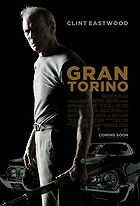
 0 comments,
0 comments, 